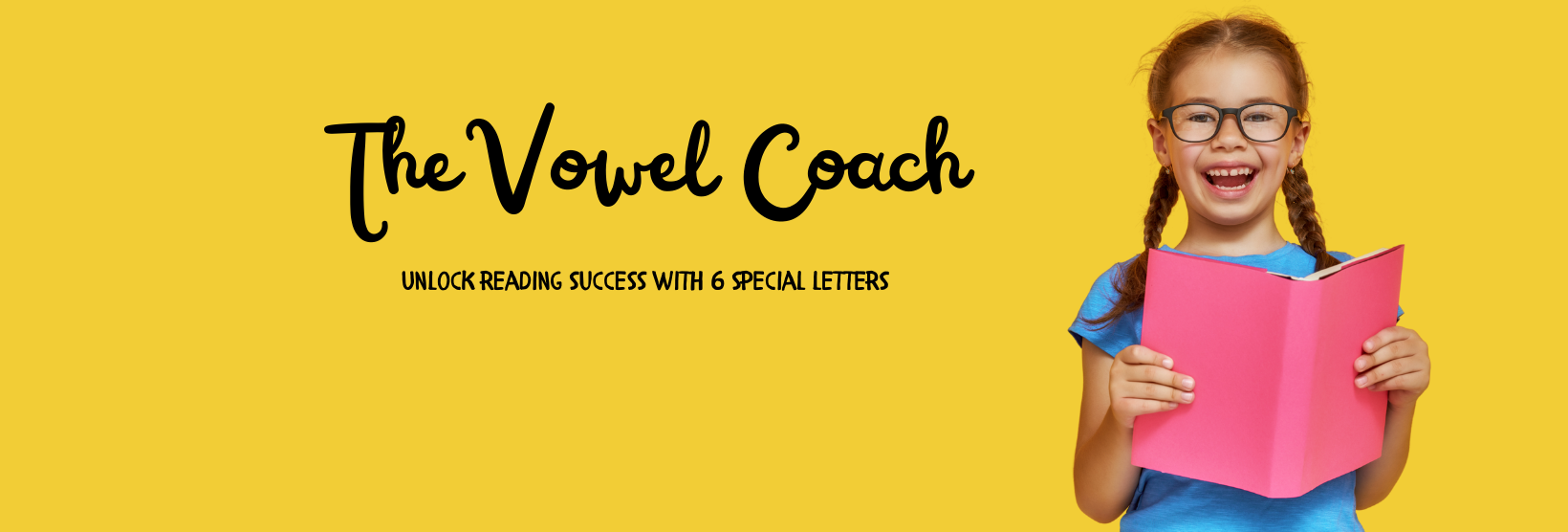What is best guess spelling?
Best guess spelling simply means that the child does his/her best to write down all the sounds he/she hears in a word. Best guess spelling, invented spelling, and approximate spelling all mean the same thing.

- “My magic crayon will take me to Disney.”
I often tell my students that reading is looking at each letter in a word and saying the sounds the letters make. Spelling is listening to each sound in the word and writing down the letter that makes each of those sounds.
Best guess spelling is thoughtful guessing:
- The child must be aware that words are made up of a series of sounds and that each of those sounds is represented with a letter or group of letters.
- The child must be able to hear the individual sounds that make up a word and be able to record the letter(s) that make(s) each sound.
“Good” invented spelling does not equal accurate spelling.
In the beginning stages of invented spelling it is common for kids to only write the beginning and ending sound of a word.
- bd=bed
- lf=leaf
- rt=write
It is also very common for children to leave out vowels.
- ltr=letter
- splg=spelling
- krte=karate
A child will base her letter choices on what she hears. Because we often slur, leave out, or mispronounce sounds when we speak due to our accent, speaking speed, etc, she might “hear” a different sound than the one that is in the correct spelling of a word.
- purfikt=perfect
- cubberd=cupboard
I am almost 50 years old, and I still use invented spelling. You probably do too. If you Google search, “How do you spell _____,” the combination of letters you type will be your version of invented spelling.
Why is best guess spelling okay?
- One reason why best guess spelling is okay is because spelling is really tricky. For example:
Rhyming
- Cow rhymes with now and how but not with low.
- Break rhymes with steak but not with streak.
- Horse does not rhyme with worse.
- Cord does not rhyme with word.
- Cord rhymes with bored, but the spelling pattern is different.
- Heard rhymes with bird but not with beard.
- Few does not rhyme with sew.
- Few does rhyme with Sue, but the spelling pattern is different.
- Done does not rhyme with gone or with lone.
- Food does not rhyme with good.
- Paid does not rhyme with said.
Chunks
- Moth does not say moth in the word mother.
- Broth does not say broth in brother.
- Both does not say both in bother.
- Rough does not say “ruff” in through.
Heteronyms
- A dove dove into the bushes.
- She was too close to the door to close it.
- I need to polish my Polish furniture.
2. Another reason why best guess spelling is okay is because spelling rules have a lot of rule breakers:
- The o in “love” makes a a short u sound even though the magic e indicates the o should say its name.
- The a in “have” makes a short a sound even though the magic e indicates that it should be a long e sound.
- “Heart” says “hart” even though /ea/ is a long e spelling pattern.
- “Wednesday” looks like it should be pronounced “wed-nes-day,” but it isn’t.
3. There are a lot of words we cannot sound out. Many sight words fall in this category:
- are
- does
- talk
- people
- was
- through
Here’s some comedic relief:
How you can help your child spell more accurately:
- Sound Boxes help children isolate the different sounds in words.
- Counting syllables and making sure every syllable in a word has a vowel can make a huge difference. .
- Vowel knowledge is essential for accurate spelling.
Links
Sound Boxes:
Syllables:
Short Vowels:
Long A:
Long E:
Long I:
Long O:
Long U:
